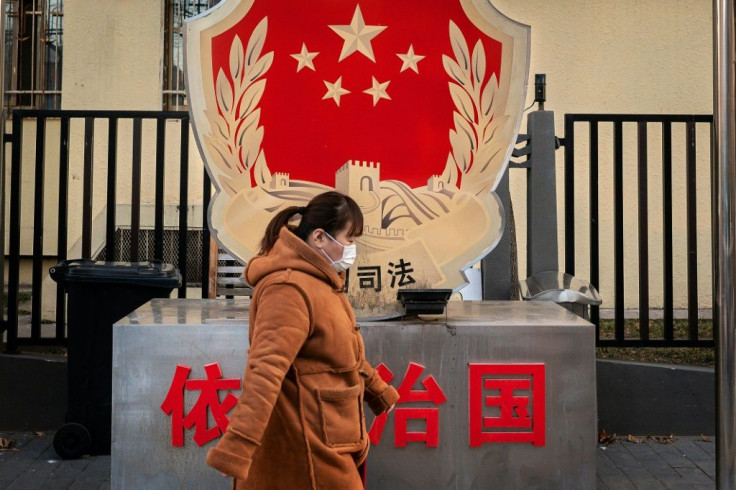Coronavirus Update: Latest Death Toll Hits 3117, But China Marks Lowest Infections In Months

The coronavirus global death count touched 3,117, with 90,937 total confirmed cases (one number that is often ignored: the total recovered of 48,017) on Tuesday.
China is still the overwhelming contributor in all three statistics, but the number of new cases is in decline in Wuhan and other cities in China. Sunday’s count, according to the World Health Organization (WHO), was only 206 new cases, the lowest since Jan. 22.
The number of new cases outside of the Communist giant is rising, according to WHO Director-General Tedros Adhanom Ghebreyesus, with close to 9,000 cases in 61 countries and 127 deaths mostly in four countries.
The WHO director said, “The epidemics in the Republic of Korea, Italy, Iran, and Japan are our greatest concern. This is a unique virus, with unique features. This virus is not influenza. We are in uncharted territory.”
Another WHO official, Dr. Mike Ryan, executive director of WHO’s health emergencies program, commented on the “behavior” of the virus and that it differs from influenza. He said, “We know it’s not transmitting in exactly the same way that influenza was, and that offers us a glimmer, a chink of light, that this virus can be suppressed and pushed and contained.”
What is known is that the COVID-19 illness can spread via human-to-human contact, droplets spewed while sneezing and coughing, and infected surfaces and objects. Older people and those with existing medical issues are more at risk and the symptoms run the gamut from a sore throat, runny nose to pneumonia and organ failure in severe cases.
According to Tedros, the outbreak is not yet classified as a pandemic because there is no “evidence as yet that the virus is spreading freely in communities.”
Just as COVID-19 appears to be easing up in China, President Xi Jinping appears front and center cautioning that it was too early to say the country had turned a corner in the virus fight. He dispensed some advice as to how to meet the challenges posed by it.
On Monday Xi visited a military academy in Beijing and spoke of the need to speed up research on vaccines, drugs, and testing. He said, “Fighting this hard battle, China should seize [control of] more core technology with its own intellectual property, make more core products to better protect people’s lives and health, and contribute more to safeguard national and strategic security.”
China has taken extreme measures to try to contain the outbreak since Jan. 23, including locking down millions of people in Wuhan and other cities across Hubei, shutting down transport and urging people to stay at home.
In an ironic twist, China is now increasing its border controls to prevent what it calls “imported cases”. The Zhejiang province confirmed one such case on Monday with a patient who had arrived from Italy and Beijing confirmed two cases on Sunday. There is now a mandatory 14-day quarantine for anyone arriving in the capital city.
© Copyright IBTimes 2024. All rights reserved.





















